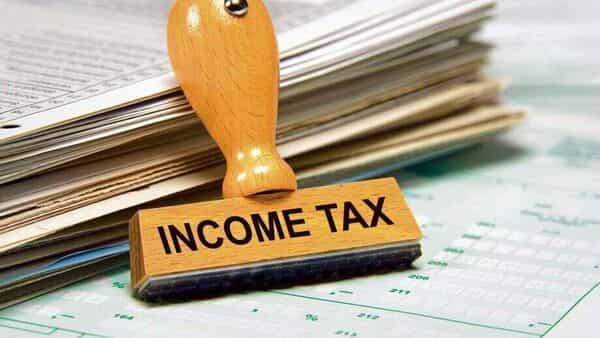[ad_1]
I bought Kisan Vikas Patra (KVP) worth ₹20 lakh a few years ago. Since its interest is payable on maturity and there is no TDS deduction every year or on maturity. I have been mentioning accrued interest every year in my ITR and paying tax on it, but at the time of maturity when total interest will be shown in my AIS and/or in 26AS, how will I mention that I have already paid the tax on KVP interest in the previous years?
—Dolly Moga
It is assumed that you are not required to maintain and get the books of accounts audited under the provisions of the Income-tax Act, 1961. Section 145 of the act provides for taxation of income from other sources (like interest) in accordance with either cash or mercantile system of accounting regularly employed by the assessee. Hence, if cash basis is regularly adopted, interest from KVP may be offered to tax in the year of its maturity. If mercantile basis is regularly adopted, interest should be offered to tax every year on an accrual basis.
Since you have opted to offer tax on mercantile basis, in case of any inquiry by the tax department in view of the mismatch of the interest income appearing in the AIS in the year of maturity and the interest income offered to tax, the same may be explained before the tax officer on the basis of reconciliation of the accrued amount offered to tax in past years’ tax return and other documentary evidence.
It may be separately noted that as per the current provisions of Section 194A of the Act, on maturity of the KVP, no taxes are required to be deducted on the interest income. Hence, tax due (if any) shall be required to be paid by way of self-assessment tax / advance tax (as applicable).
I hold 400 preference shares of IL&FS ltd. I have not received any dividend in the past four years owing to the company’s financial issues and there is no hope of its revival. Can I write off the complete purchase price of ₹50 lakh as long-term capital loss and adjust the same against the capital gain for the relevant assessment year?
—Shirish S. Shah
As per the provisions of the Income-tax Act, 1961, any profits or gains (including loss, if any) arising from the transfer of capital asset shall be chargeable to income tax under the head ‘capital gain’ and shall be deemed to be the income of the financial year in which such transfer took place. Further, the term ‘transfer’ in relation to a capital asset (shares in your case) includes sale, exchange, relinquishment of the asset, extinguishment of rights therein. We understand that you continue to hold such shares and the same have not yet been cancelled / written off by the company or any other order. No relinquishment of the asset or any extinguishment of rights therein has taken place. Thus, there is no transfer of the capital asset and hence you shall not be eligible to claim any set-off of long term capital loss by writing off the same in the books at your end. The same can be assessed to capital gain or loss only in the year in which the shares are transferred.
Parizad Sirwalla is partner and head, global mobility services, tax at KPMG in India.
Download The Mint News App to get Daily Market Updates.
[ad_2]
Source link

